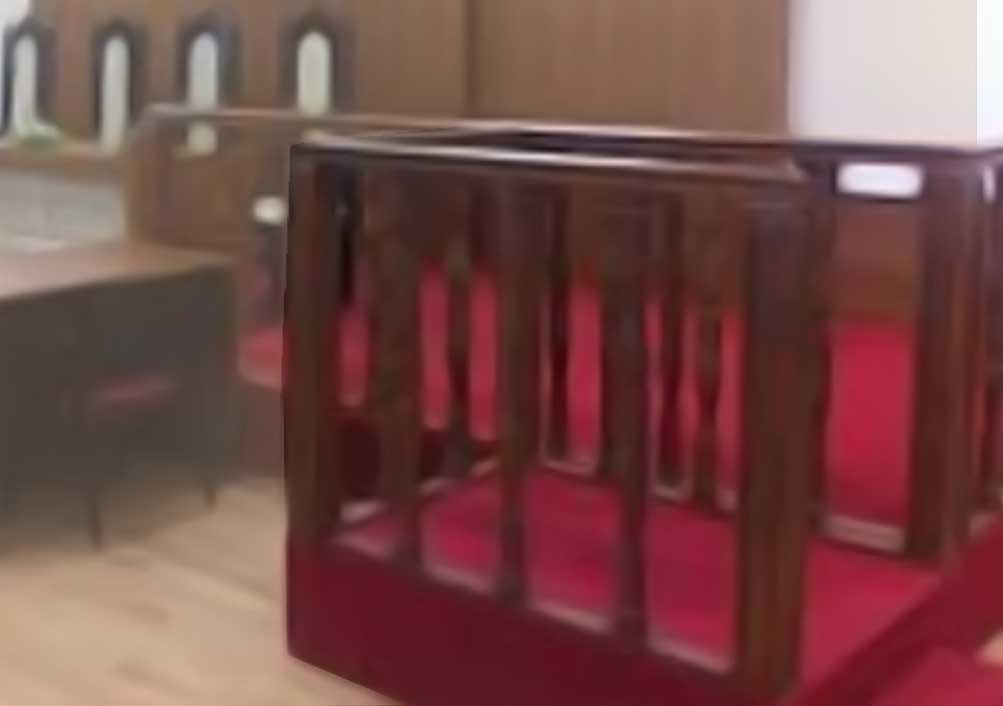Law does not disqualify relatives to be produced as witness though they may be interested witness, rules Apex Court while upholding conviction u/s 498-A of IPC

Read Judgment: Gumansinh @ Lalo @ RajuBhikhabhai Chauhan & Anr vs. State Of Gujarat
Pankaj Bajpai
New Delhi, September 6, 2021: While affirming the conviction of the appellant in respect of the offence punishable under Section 306, 498A r/w Section 114 of the Indian Penal Code, the Supreme Court has ruled that the prosecution was successful in establishing the charge under Section 498-A of cruelty against the appellants from which a reasonable inference could be drawn that the deceased committed suicide by consuming pesticides. The deceased was in the custody of the appellant and died within the four walls of her matrimonial home under suspicious circumstances.
Noticing that the testimony of natural witness was unshaken during cross-examination, the Division Bench of Justice S. Abdul Nazeer and Justice Krishna Murari observed that evidentiary value of the close relatives/interested witness is not liable to be rejected on the ground of being a relative of the deceased.
The background of the case was that one Tahira (deceased) committed suicide by consuming poison at her matrimonial home for the sole reason that she was unable to bear the continuous mental and physical cruelty meted out to her by the appellants (her husband and in-laws) in a short span of 8 months after her marriage.
Later on, the father of the deceased filed a police complaint which culminated into a charge-sheet after completion of the investigation. The Trial Court came to the conclusion that the appellants subjected the deceased to physical and mental cruelty which led her to commit suicide and convicted the appellants for offences punishable u/s 498A and 306 of the IPC and sentenced them to undergo rigorous imprisonment for a period of one year.
Aggrieved, the appellants moved the High Court, whereby it was observed that the evidence produced by the prosecution clearly indicated that the deceased was subjected to mental and physical cruelty by the appellants on the account of non-fulfillment of demand of Rs.25,000 and, therefore, the judgment and order of conviction passed by the Trial Court was confirmed.
After considering the arguments and evidence, the Apex Court found that the suicidal death of the deceased occurred within a short span of eight months of marriage and section 113-A of the Evidence Act, provides for presumption as to abetment of suicide by a married woman within seven years of marriage, by her husband or any of his relative.
“Most often the offence of subjecting the married woman to cruelty is committed within the boundaries of the house which in itself diminishes the chances of availability of any independent witness and even if an independent witness is available whether he or she would be willing to be a witness in the case is also a big question because normally no independent or unconnected person would prefer to become a witness for a number of reasons”, observed the Apex Court.
There is nothing unnatural for a victim of domestic cruelty to share her trauma with her parents, brothers and sisters and other such close relatives, and hence law does not disqualify the relatives to be produced as a witness though they may be interested witness, added the Court.
From the evidence of the prosecution witness, the Top Court gathered that the prosecution had proved that the deceased was harassed with a view to coerce her to meet unlawful demand and such harassment was on account of her failure to bring the said amount from her father who was financially incapable to meet such demand.
Thus, the prosecution had been successful in proving the charge of cruelty under Explanation (b) of Section 498-A IPC, added the Court.
“Not only a specific charge was framed against the accused-appellants, on one hand, the defence failed to adduce any evidence to rebut the presumption under Section 113-A and on the other hand the prosecution was successful in establishing the evidence that the deceased was left with no choice than to commit suicide”, observed the Court.
The Court also observed that to attract the applicability of Section 113-A of the Evidence Act, three conditions are required to be fulfilled-the woman has committed suicide; such suicide has been committed within a period of seven years from the date of her marriage and the charged-accused had subjected her to cruelty. In the present case, all the three conditions stood fulfilled.
Therefore, the Division Bench found no fault with the Trial Court and the Appellate Court placing reliance on the evidence in drawing the presumption u/s 113-A particularly, when there was no material brought on record by the defence to disprove the facts.
Sign up for our weekly newsletter to stay up to date on our product, events featured blog, special offer and all of the exciting things that take place here at Legitquest.




Add a Comment